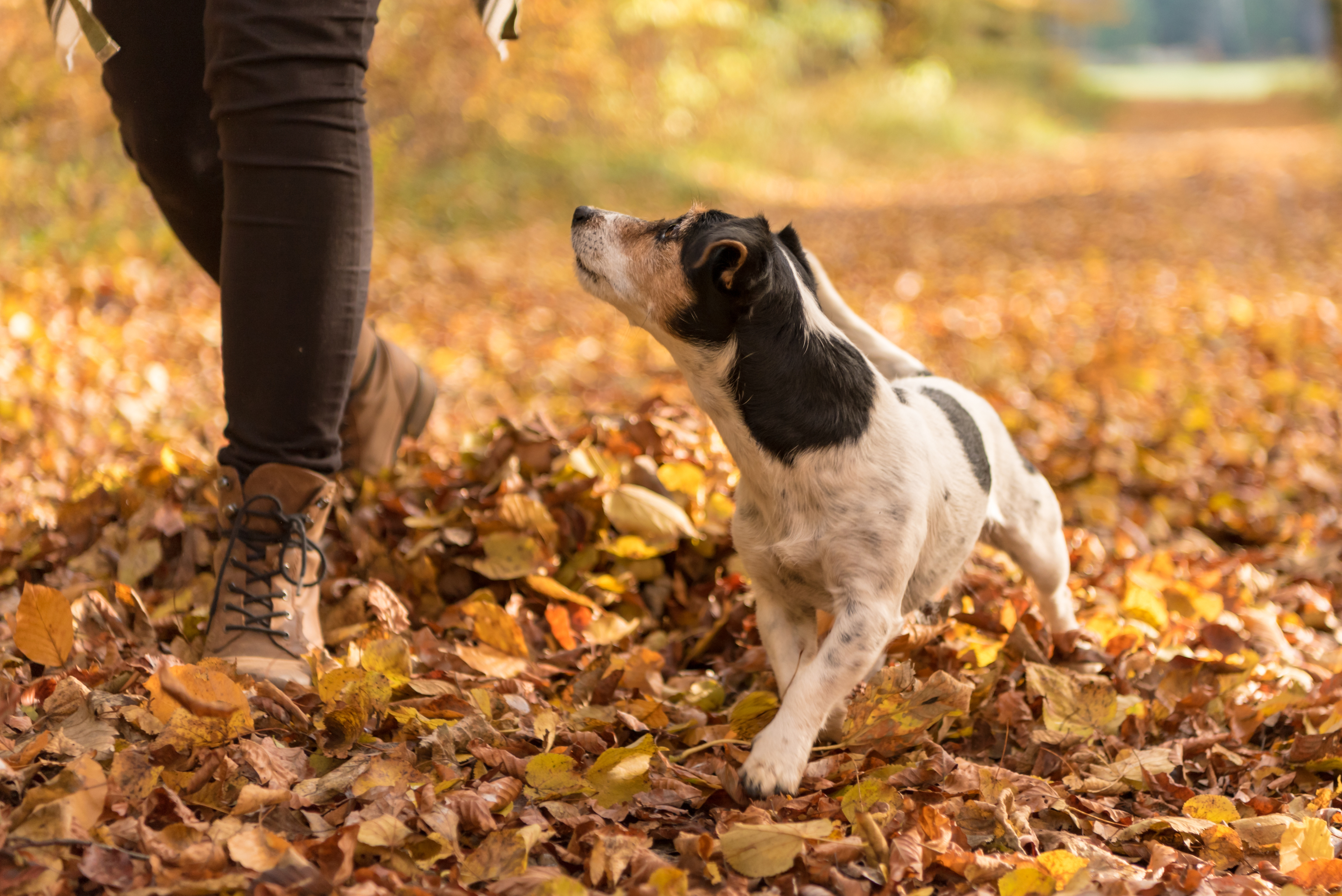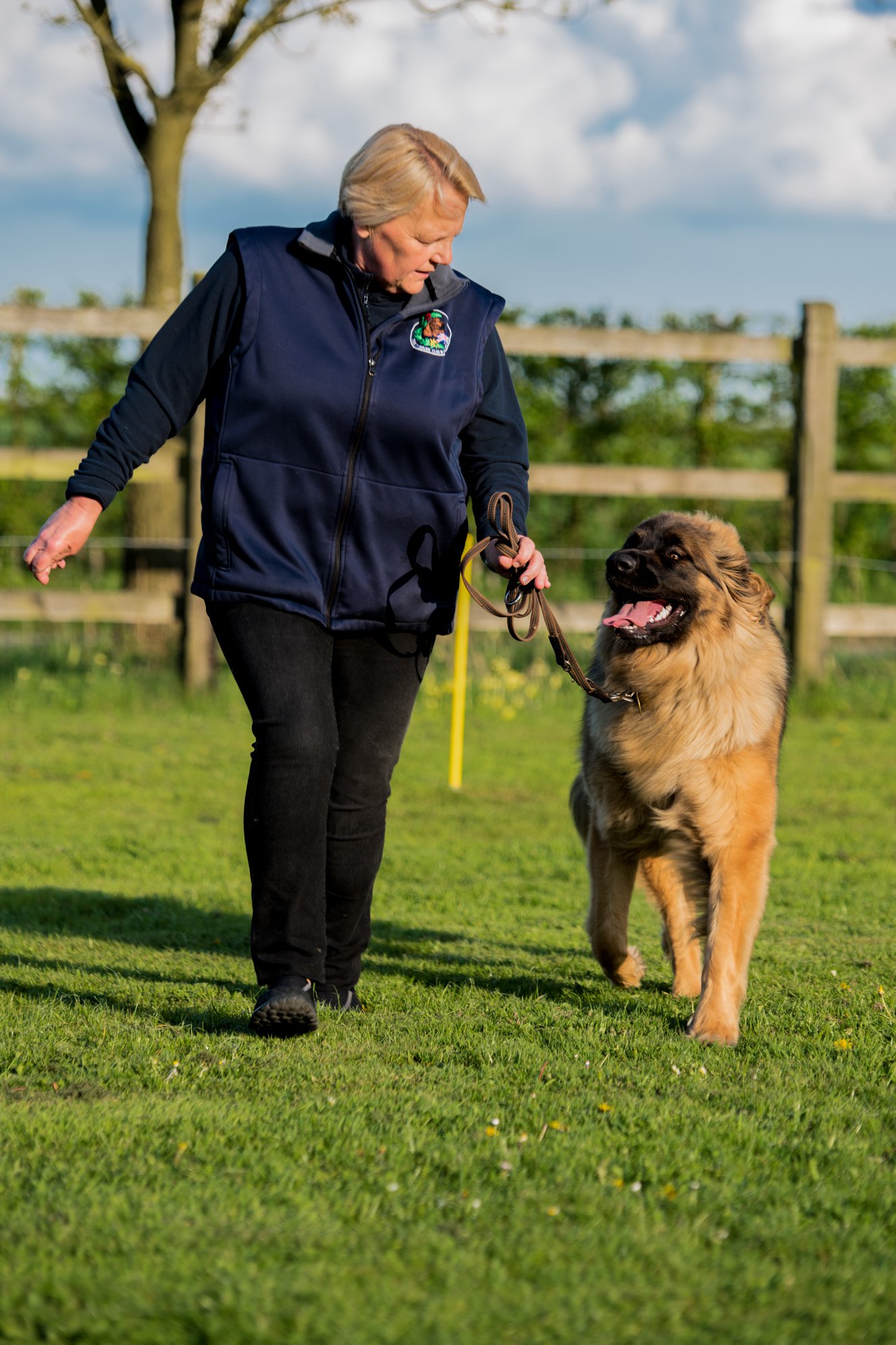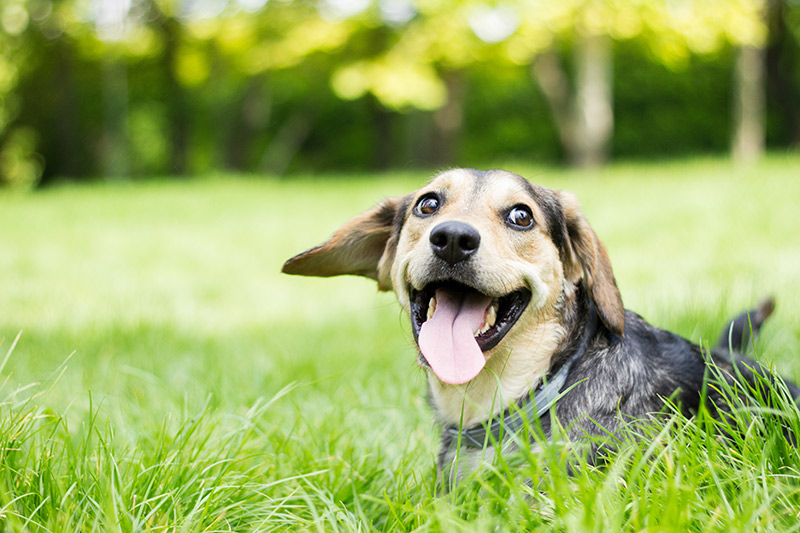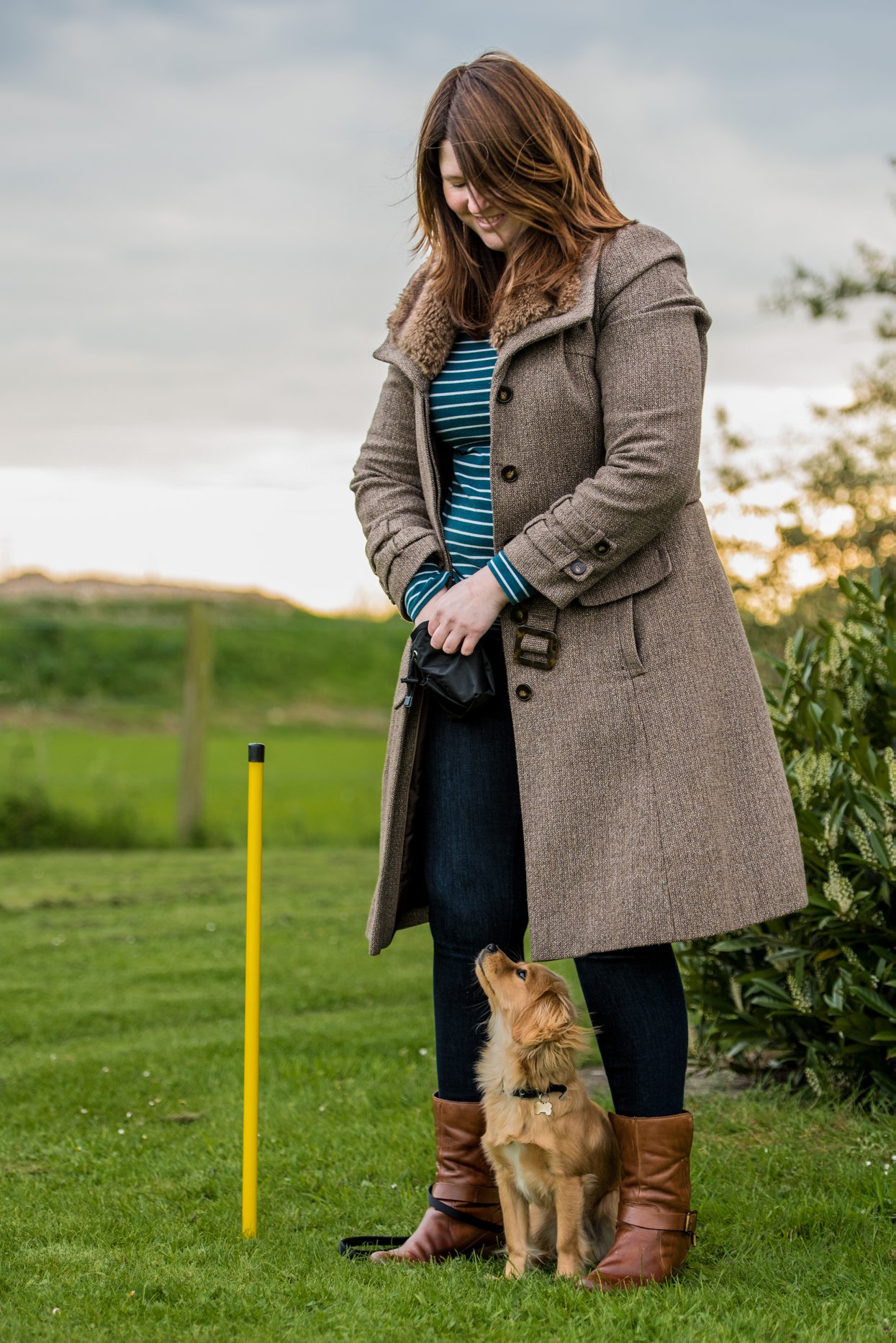If your puppy needs training or your dog has behavioural problems it’s important that you get the right help. Here are some tips on how to choose a dog trainer.

Dog Training Qualifications
Sadly, at the time of writing, dog trainers are not regulated by government. Anyone can call themselves a dog trainer, even if they have limited experience and use outmoded, cruel methods. That means that whilst there are some brilliant and caring dog trainers out there, there are also some rogue traders.
Protect yourself and your pooch by looking for a dog trainer who is qualified and regulated by a trade body.
Good logos to check for include the
Avoid a Personality Clash
It’s important that you like and trust the person who will be helping you to train your dog. You need to be confident that the methods they use give long lasting results, do not make you or your dog feel uncomfortable and that they explain their methods clearly.
If you feel intimidated you won’t ask questions and you won’t learn. And if you don’t learn, neither will your dog.
How will you know their personality in advance? Take a look at their website and reviews, this will tell you a lot about the person.
Does the trainer have a website or a Facebook page? Do you feel comfortable with the tone they use and the articles they are posting? Is there any video footage of this person working with dogs? And are the dogs engaged and enthusiastic?
Are they established, as mentioned before the industry see’s a lot of individuals come and go.
Where does your local dog trainer work?
Knowledge, experience and professional ability should take priority – every time!
Not all dog trainers have their own premises, some work in conjunction with vets or rescue homes, others may rent a local field or hall just for lessons.
There are lots of different places to train a dog depending on whether you are tackling existing behavioural problems or trying to avoid future problems.
You could invite the dog trainer to your home for a 1-2-1 training session or you can meet up somewhere. Perhaps a park or some other suitable location it all depends on your dog’s training needs.

Things to look out for in a dog training school include
What should dog training cost?
Never judge a trainer on price alone. The cost of dog training can vary according to where it is, how many are in a group and whether your dog needs specialised help.

Talk to your trainer and try to get a feel for what they charge but bear in mind that all dogs (and owners) learn at different speeds. One dog may pick up a new skill in two or three sessions, another may need a more gradual approach. Be sure to keep an open mind. It’s more important that you like your trainer and are confident that the two of you will be able to work well together for the good of your dog. Good trainers invest a lot of their time and money in continued professional development and ongoing accreditation. Ask your trainer what CPD they have undertaken in the last year. Good trainers will have lots to tell you about, which means you will be working with someone who not only has a good knowledge but is
dedicated to continually improving the training school to benefit your dog.
Beware of Empty Promises
If someone promises to teach your dog how to walk on a loose lead within 10 minutes or claims that your dog will stop jumping up after just one training session – run away!
As we’ve said before, dogs learn at different speeds. If you are training a rescue dog or one who has behavioural issues because of a bad experience in the past, these things take time. Using cruel or unkind training methods such as choke chains, training collars or physical force may give short term results but in the long term they will create more problems.
Always find a dog trainer who is proud to use force-free or reward based training methods. These may be new concepts to you but trust me, you’ll enjoy the learning process and never ever go back to the “old” ways.
What are other people saying? Check Reviews and Testimonials
Every website, social media profile, poster or brochure for any business will tell you how good the product/service is. But of course the words are carefully chosen by the company to create the very best impression of themselves. It pays to double-check the claims by looking for independent customer reviews.
I’ve just typed “reviews for best behaviour dog training” into a search engine and found at least four websites where customers have posted comments. It took seconds and happily everyone who had posted had something positive to say. Honest, genuine reviews are incredibly helpful when choosing a dog trainer so please take time to read them thoroughly as part of your research.

Whether you are training your new puppy, providing enrichment for your dog or addressing specific problems, there is no substitute for working with a qualified, experienced and personable dog trainer. The wrong trainer however can cause more problems than they solve, so please, choose your dog trainer carefully.
Find an IMDT dog trainer in your area
Learn more about Best Behaviour Dog Training in Suffolk
Frequently Asked Questions
Copyright © 2025 Best Behaviour Dog Training
Registered No. 12954178
Registered address: Poplar Hill, Stowmarket, Suffolk, IP14 2AX
Website design by Upshot Media Ltd